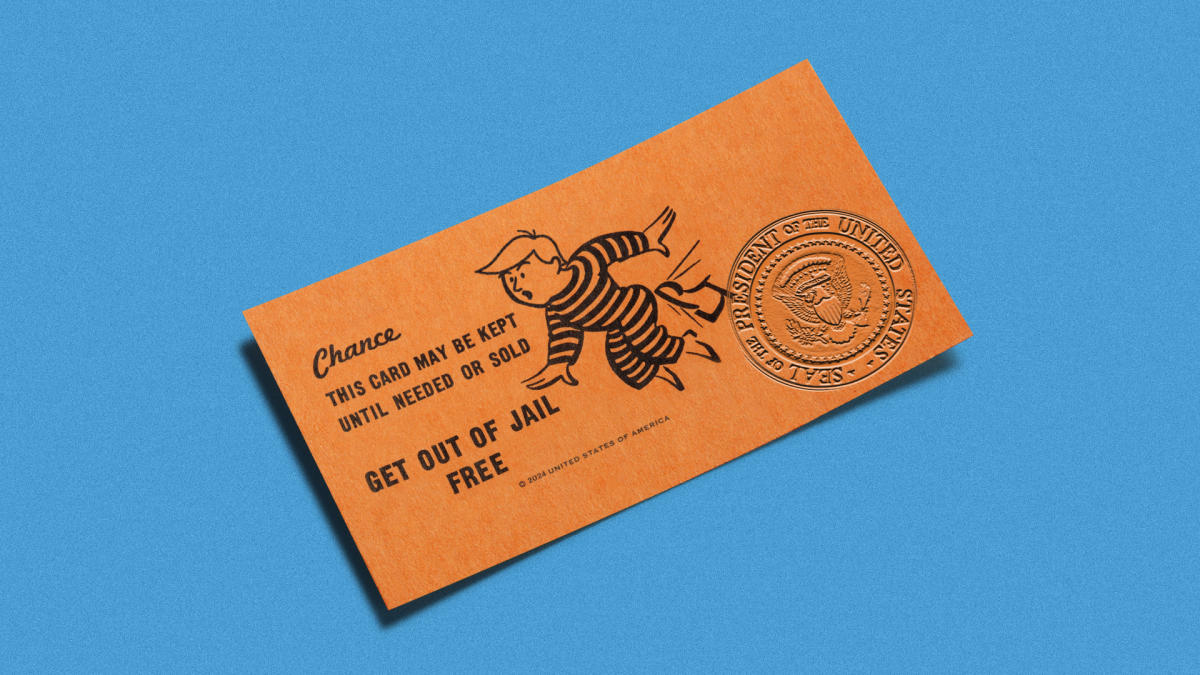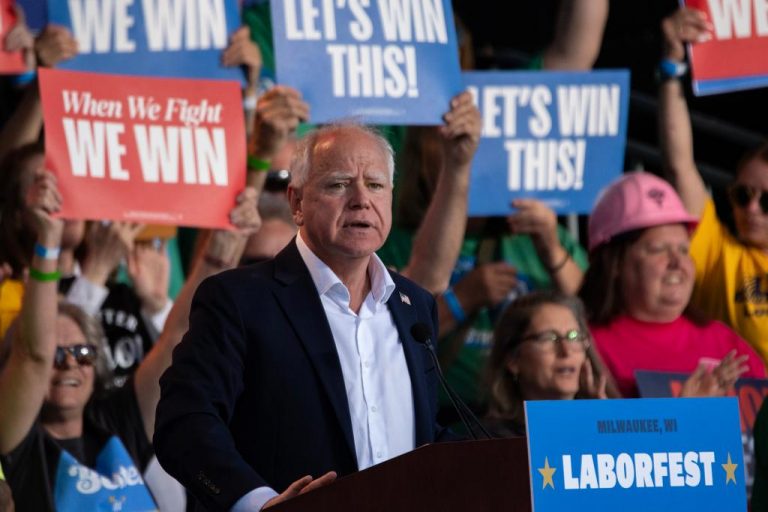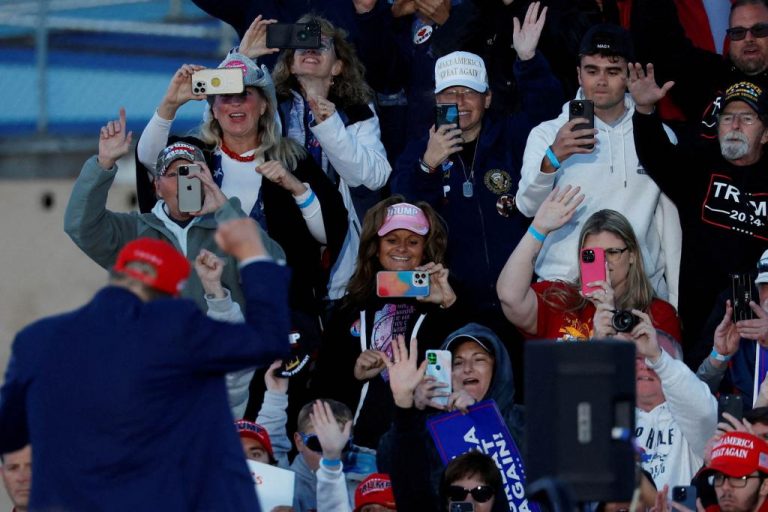Will Trump win his immunity case in the Supreme Court?
Former President Donald Trump is embroiled in a legal battle to escape accountability for his actions while in office. He is asserting that as president, he is immune from criminal prosecution, echoing Richard Nixon’s infamous assertion that “when the president does it, that means that it is not illegal.” However, this argument has been consistently rejected by courts thus far.
Recently, the U.S. Supreme Court heard arguments on whether Trump can be held criminally liable for his attempts to overturn the 2020 election results and other actions during his presidency. The conservative-leaning court seems inclined to offer some level of immunity to presidents for their official acts, but the challenge lies in defining which actions qualify as official and which do not.
In previous cases, Trump has faced legal setbacks in his immunity claims, including in the Georgia election interference case and his New York defamation case. Despite these losses, the Supreme Court’s involvement gives Trump hope to delay his trials until after the 2024 election, potentially leading to the dismissal of most charges if he wins.
The debate over presidential immunity revolves around whether presidents should be shielded from prosecution for official acts to prevent distractions from their duties or whether accountability should prevail. While past interpretations of immunity focus on pragmatic protections for the president, Trump’s expansive claim of immunity for personal conduct outside his official duties raises novel legal questions.
Amidst the legal wrangling, the timing of the Supreme Court’s decision on Trump’s immunity could significantly impact his federal election trial. Special prosecutor Jack Smith has urged expedited proceedings to ensure a resolution before the upcoming election, but delays in the court’s decision-making process could thwart this timeline.
Various perspectives on the issue emphasize the importance of carefully considering the implications of granting absolute immunity to former presidents like Trump. Critics caution against rushing a decision that could set a far-reaching precedent affecting all future presidents, while others stress the necessity of holding Trump accountable for actions that subvert democracy.
Ultimately, the Supreme Court’s ruling on Trump’s immunity claims will have far-reaching consequences for the limits of presidential power and accountability. Whether the court acts swiftly to bring clarity to the issue or opts for a more deliberative approach remains to be seen, but the outcome will shape the future landscape of executive authority in the United States.








